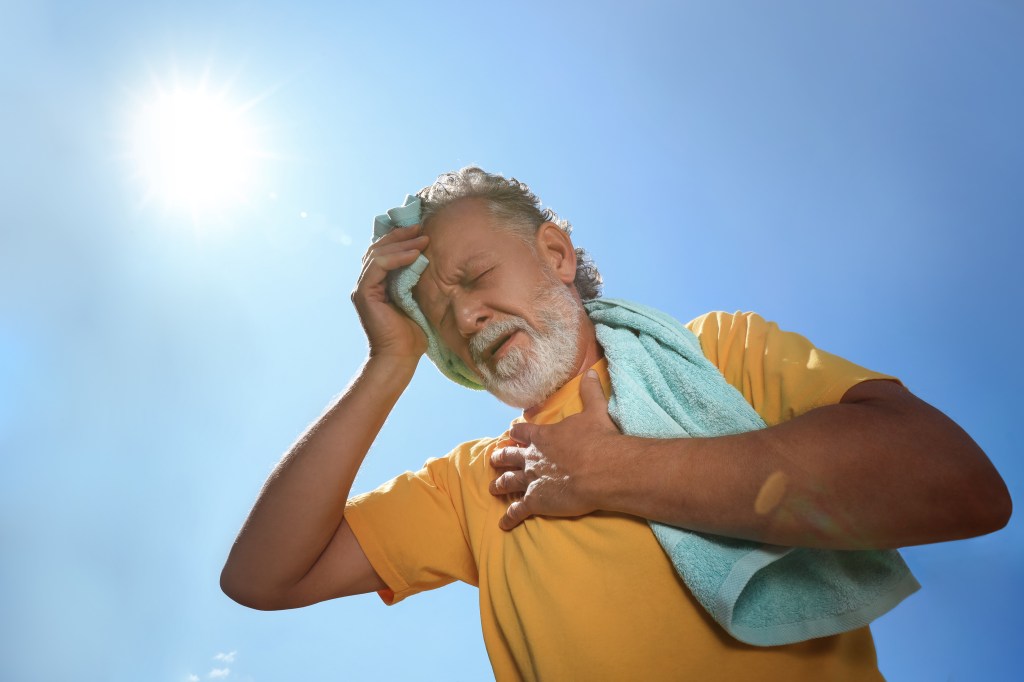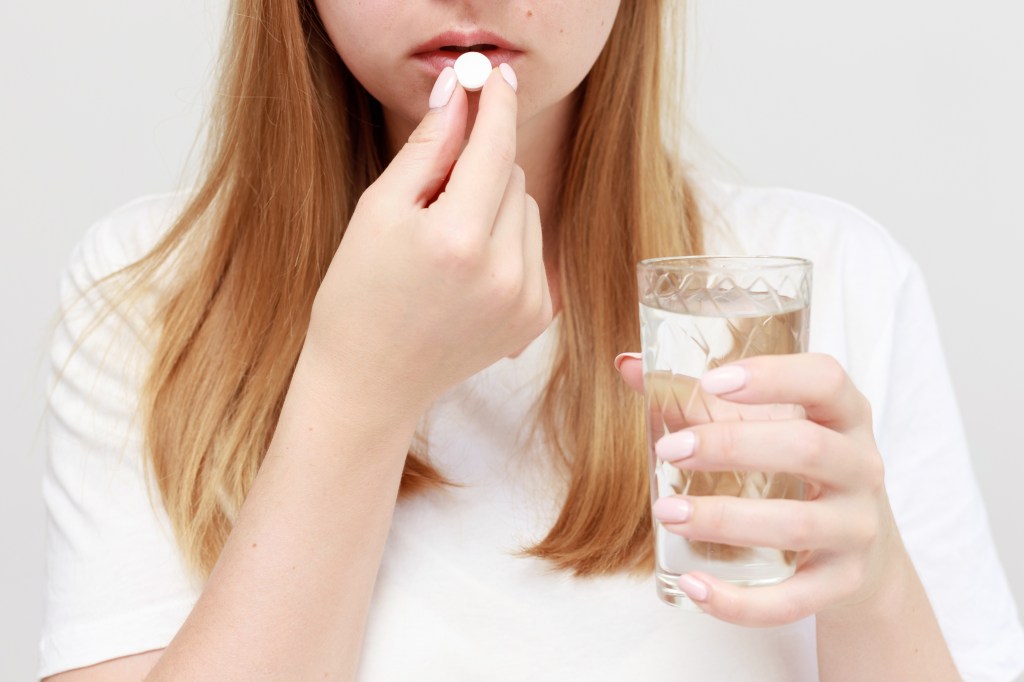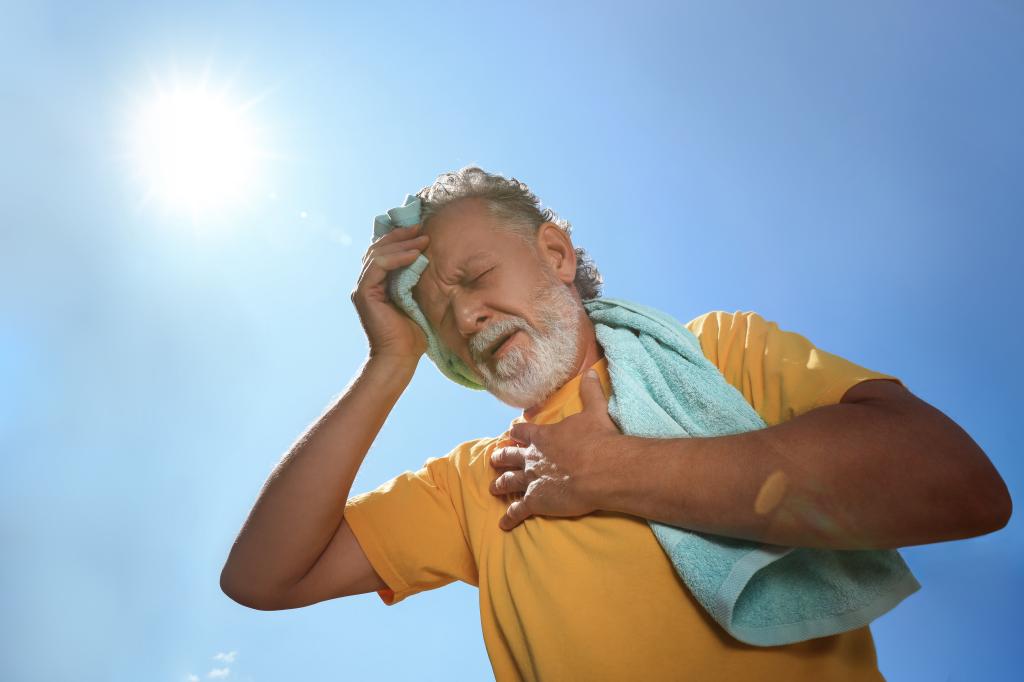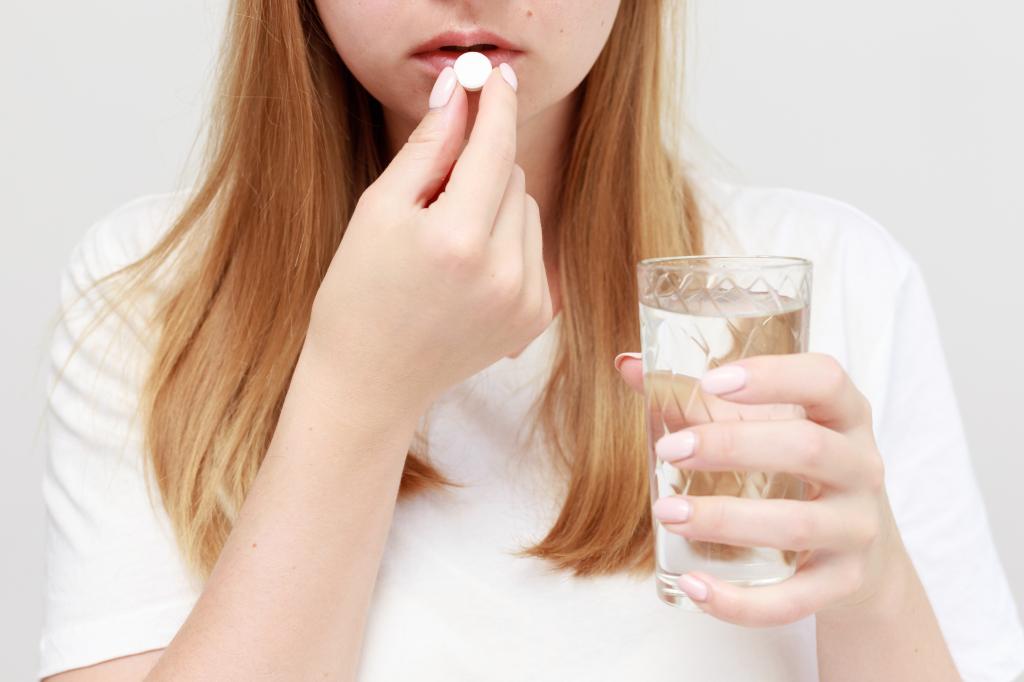Heat waves are extra dangerous if you’re taking these medications
With temperatures expected to soar above the 90s across much of the eastern US this week, millions are preparing to beat the heat. Experts are urging those who take certain medications — including those used to treat high blood pressure, allergies and mental health conditions — to take extra precautions.
Temps will begin rising on Tuesday and reach their punishing peaks on Thursday and Friday. Heat index values in northern New Jersey, southern Connecticut and New York City are expected to hit 100 to 105 degrees.
Here are the medications that can cause greater heat-related health complications and some ways to protect yourself when temperatures become dangerously hot.
Diuretics
Diuretics, also known as water pills, are commonly prescribed to treat high blood pressure and kidney disease. They help the body reduce excess salt and water by making the kidneys produce more urine.
Allison Hill, the director of practice implementation and professional affairs at the American Pharmacists Association, told the New York Times last week that diuretics can cause levels of electrolytes such as potassium or salt to become out of whack.
Combined with extreme heat, the effect is double dehydration. Experts suggest that diuretics users be extra vigilant about signs of dehydration and increase their fluid intake.
Blood pressure medications
Dr. Michael Redlener, the medical director of the emergency department at Mount Sinai West, told the Times that ACE inhibitors, which treat high blood pressure, can increase the risk of fainting and falling, a side effect that’s amplified by heat.
These meds also suppress feelings of thirst, making it harder to know when water is needed.
The same risk is real for those who take beta-blockers, which can make it harder for your body to sweat and stay cool, and calcium channel blockers, which can cause electrolyte imbalances.
Antipsychotics and antidepressants
Redlener noted that certain antipsychotic medications, such as haloperidol, olanzapine and risperidone, affect the body’s ability to produce sweat, increasing the likelihood of overheating.
Some antidepressants, meanwhile, are known to increase perspiration and suppress thirst — a one-two punch that doubles dehydration risks.
For their part, thyroid hormone replacements can raise body temps, cause excessive sweating and inhibit the body’s ability to regulate temperature.
And over-the-counter antihistamines such as diphenhydramine (Benadryl), promethazine and doxylamine (Unisom) are known to subdue sweating, which can hinder the body’s attempt to maintain a steady internal temperature.
Stimulants
Stimulants — including amphetamines used to treat symptoms of ADHD — can increase body temperature.
If you’re taking medications that put you at a higher risk of heat-related illness, there are steps you can take to stay cool and stay alive amid untenable temperatures.
Beat the heat
Frederic Klein, regional communications manager for the American Red Cross Greater New York Region, told The Post that symptoms of overheating often begin with heat cramps, which include muscle pains and spasms in the legs or abdomen.
“Heat exhaustion is the next level and includes heavy sweating, nausea, dizziness, weakness and exhaustion — as well as cool, moist and pale skin,” he explained.
Klein added that these symptoms can typically be remedied by moving to a cooler spot, drinking water and stretching.
Heat stroke is the most serious and potentially deadly heat-related illness. It happens when body temperatures rise to 103 degrees. Symptoms include hot red skin, vomiting, confusion, persistent headache and loss of consciousness.
Klein cautioned: “That’s life-threatening — and that’s when you want to call 911 immediately.”
Get the latest breakthroughs in medicine, diet & nutrition tips and more.
Subscribe to our weekly Post Care newsletter!
Thanks for signing up!
Extreme heat safety
Experts suggest a few key measures to prevent heat-related illness before it starts, particularly if you’re taking medications that make you more vulnerable.
- Drink plenty of fluids, specifically 8 ounces of water every 15 to 20 minutes if you’re outside or without AC during a heat wave.
- Wear breathable, lightweight, loose-fitting clothing in lighter hues to reflect the sun.
- Limit outdoor exposure to the coolest parts of the day — early morning and late evening.
- Stay in the shade as much as possible.
- Apply sunscreen.
- Replenish electrolytes with sports drinks, fruits and leafy greens.





















